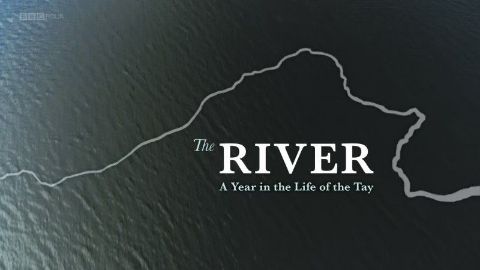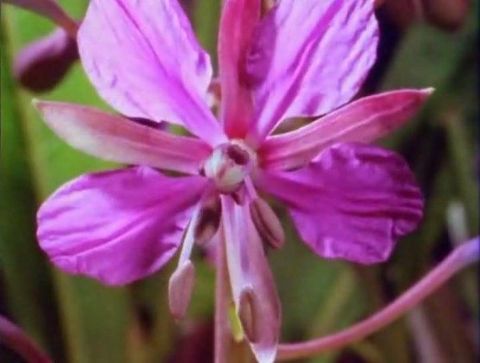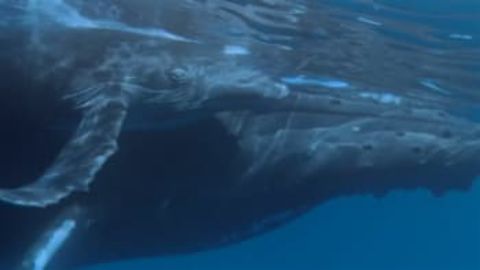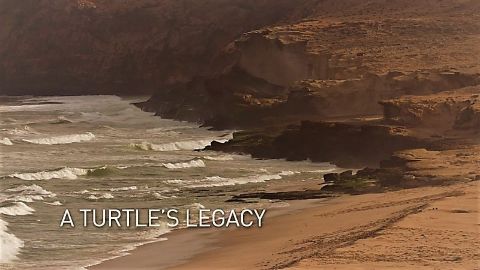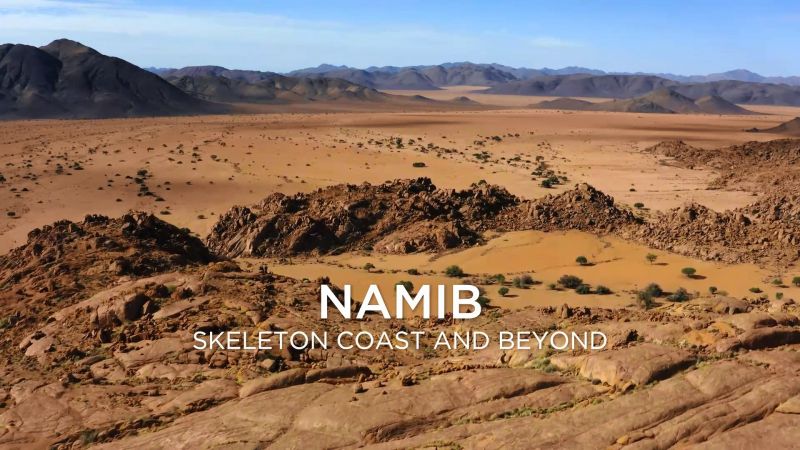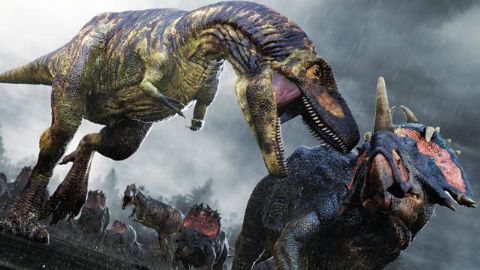Emperors of the Ice • 2006
In the frozen wilderness of Antarctica, where oceans ice over and just staying alive is an achievement, one creature has perfected the art of survival - the emperor penguin. Eons of evolution have built an animal superbly adapted to the howling gales and sub-zero temperatures, but the emperor may have finally met its match. Parts of Antarctica are warming, giving birth to huge icebergs, and the consequences could be catastrophic for this majestic animal. In a place where all life is touched by the ice, it is a dramatic shift. Explore this region from its inhabitant's perspective, using state-of-the-art technology. By better understanding these amazing animals, researchers can help prepare for their future, as the balance of life in the Antarctic continues to change.
Make a donation
Buy a brother a hot coffee? Or a cold beer?
Hope you're finding these documentaries fascinating and eye-opening. It's just me, working hard behind the scenes to bring you this enriching content.
Running and maintaining a website like this takes time and resources. That's why I'm reaching out to you. If you appreciate what I do and would like to support my efforts, would you consider "buying me a coffee"?
Donation addresses
BTC: bc1q8ldskxh4x9qnddhcrgcun8rtvddeldm2a07r2v
ETH: 0x5CCAAA1afc5c5D814129d99277dDb5A979672116
With your donation through , you can show your appreciation and help me keep this project going. Every contribution, no matter how small, makes a significant impact. It goes directly towards covering server costs.
